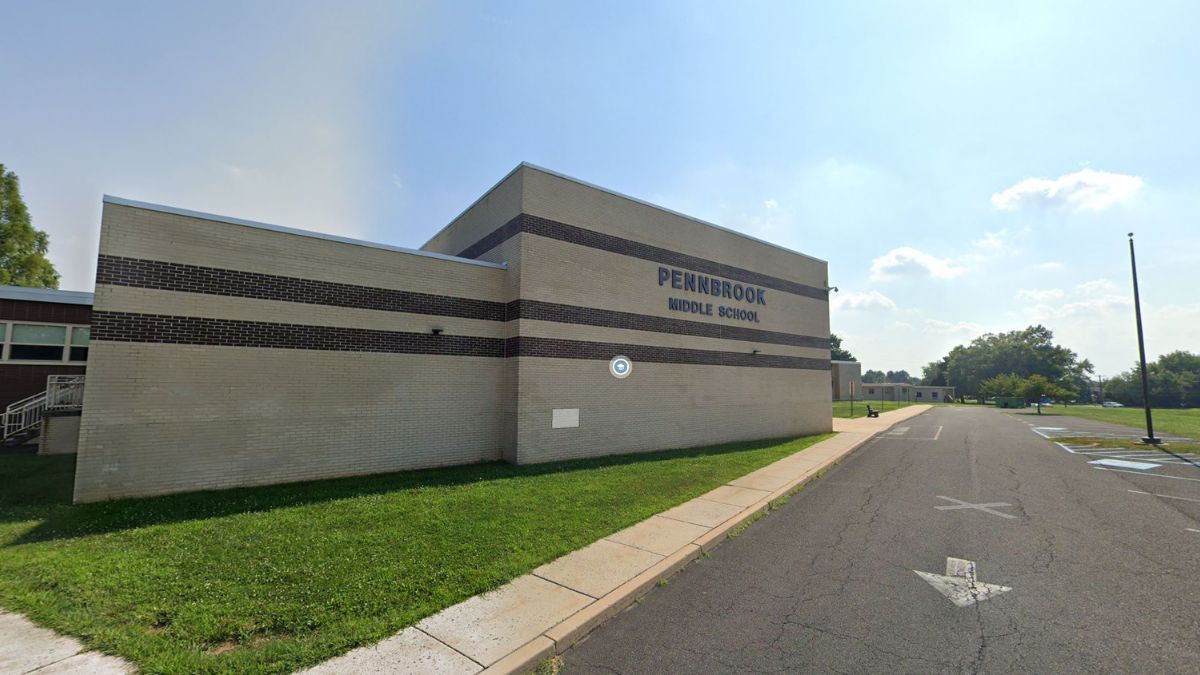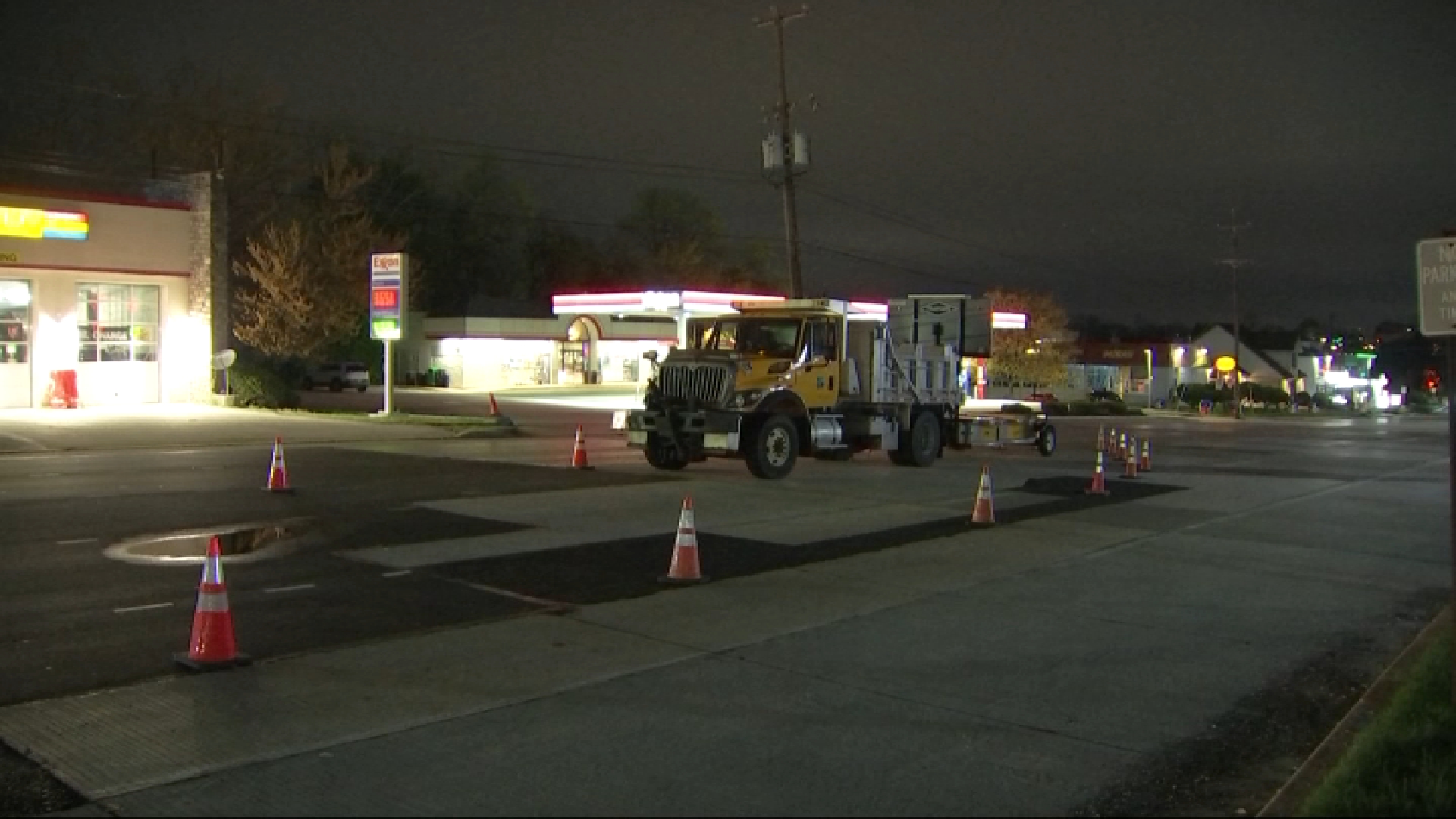New Jersey Gov. Chris Christie proposed a $34.4 billion budget on Tuesday that makes a required $2.25 billion payment to the public worker pension fund without raising taxes, but said the state's staggering retiree and debt costs are sapping spending increases for other programs and services.
The governor's fifth budget proposal is in some ways his most constraining. With an annual pension obligation that grew by roughly $600 million over this year, debt payments of nearly $3 billion and steeply rising health benefit costs, Christie has virtually no wiggle room to fund major new initiatives.
Taken together, retiree and debt costs will eat up 94 percent of the state's projected revenue growth.
"While this budget continues the fiscal discipline and pro-growth policies that we brought to Trenton four years ago, the budget doesn't do everything we all might have wanted," Christie said. "Not even close."
The spending plan for the fiscal year that starts July 1 offers slight increases in K-12 and municipal aid, and increases higher education funding by $159 million, or about 8 percent. The budget also includes $5 million to allow some districts implement longer school hours. Property tax rebates would be maintained at current levels for those who are elderly, disabled or earn less than $75,000 a year.
But the budget does not include plans for a tax cut, a Christie proposal of two years ago that was thwarted by Democrats. And, it all but abandons earlier administration efforts to privatize certain services.
The Republican governor and possible 2016 presidential candidate linked rising retiree costs to the state's inability to adequately other priorities such as education, tax relief and drug rehabilitation.
"We just can't raise taxes enough to pay for the exploding costs of public employee pensions and benefits, not to mention the burden it would place on our already overburdened taxpayers," Christie said. "Without additional reforms, New Jersey taxpayers still owe $52 billion to fully fund the pension system," he said.
Local
Breaking news and the stories that matter to your neighborhood.
Christie, 51, said changes adopted during his first term didn't go far enough, but he did not propose any specific new initiatives. Assemblyman Declan O'Scanlon, a Republican who is on the budget committee, said the governor was intentionally vague in the speech because he wants to start a conversation about how to contain retirement costs, not dictate policy.
Leaders of the Democrat-controlled state Legislature said they were not interested in revisiting pension changes. "We've done what we need to do with the pension system," Senate President Stephen Sweeney said after Christie's address. "We need to stay the course."
Sweeney and other Democratic leaders said the state has long known what increased pension contributions will cost. Rather than changing benefits for public employees, they said the state needs to focus on growing the economy and creating more jobs, which would lead to higher revenue for the state.
Christie helped cement his national reputation by taking on public employee unions. Reforms enacted during his first term require public employees to pay more for benefits, postponed cost-of-living increases for retirees and forced the state to start paying into the fund after years of skipping payments. The powerful teachers union spent millions in ads in an unsuccessful attempt to defeat the proposals.
But this year is markedly different than others Christie has faced.
The Republican's administration is mired in scandals that have hobbled the start of his second term and threaten his future political plans. Christie's difficulties have cut into his job approval rating and emboldened Democrats, who have become less likely to go along with the governor's proposals.
Allegations that Christie aides threatened to withhold storm relief funds from a severely flooded town unless its mayor approved a favored redevelopment project and that other aides intentionally blocked traffic leading to a heavily traveled bridge as political payback are the subject of multiple investigations.
The administration has denied the storm aid charges and the governor has said he had nothing to do with the planning or execution of the lane closures.
Christie's proposed budget makes a record $2.25 billion contribution to the fund in the budget year that begins July 1, which is the amount required by law but just over half of what the state actually owes.
Some 78 percent of that goes toward the state's unfunded liability, accumulated by years of the state skipping its payment and the agreement to enhance retirement benefits without having the means to fund the change.
The current budget is another source of potential shortfall, as revenues are lagging projections by about $250 million seven months into the fiscal year. State Treasurer Andrew Sidamon-Eristoff said revenue is expected to pick up in the last five months of the year. The additional revenue will be used along with unspent allocations from last year to ward off late-year cuts to the current budget.
Christie is scheduled to take his fiscal proposal to residents at a town hall meeting Wednesday in Morris County, then to a radio audience on Wednesday evening.
A balanced budget must be approved by the Legislature before July 1.



